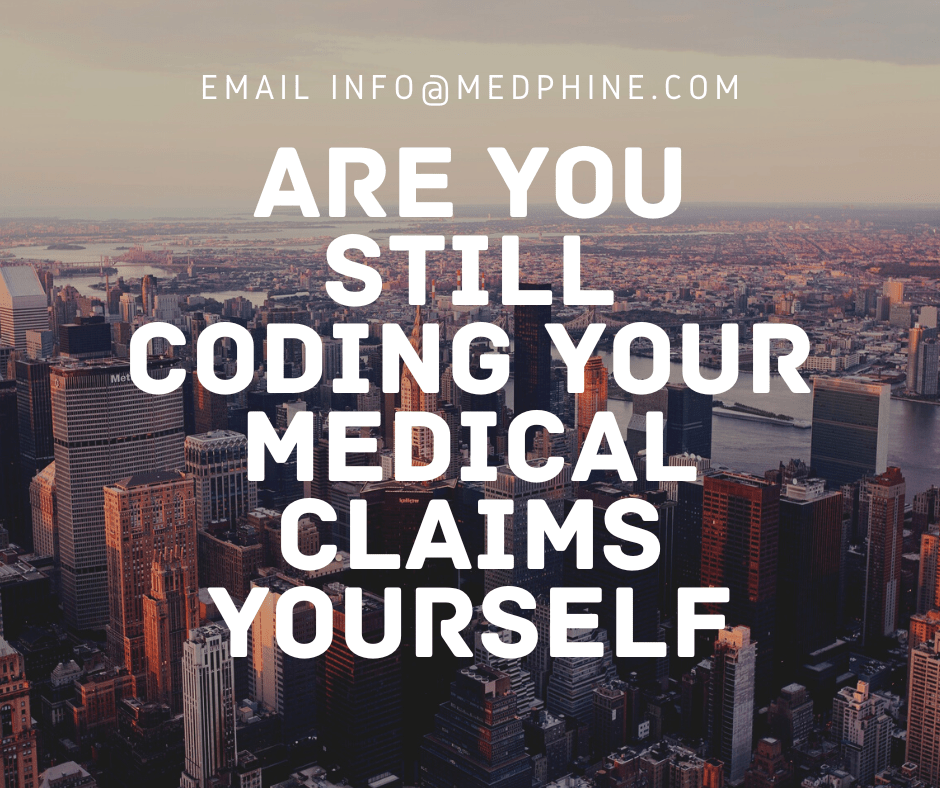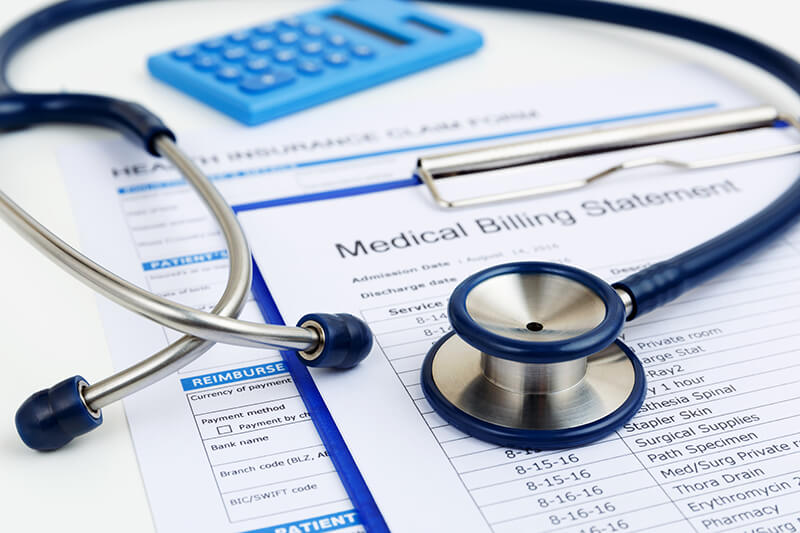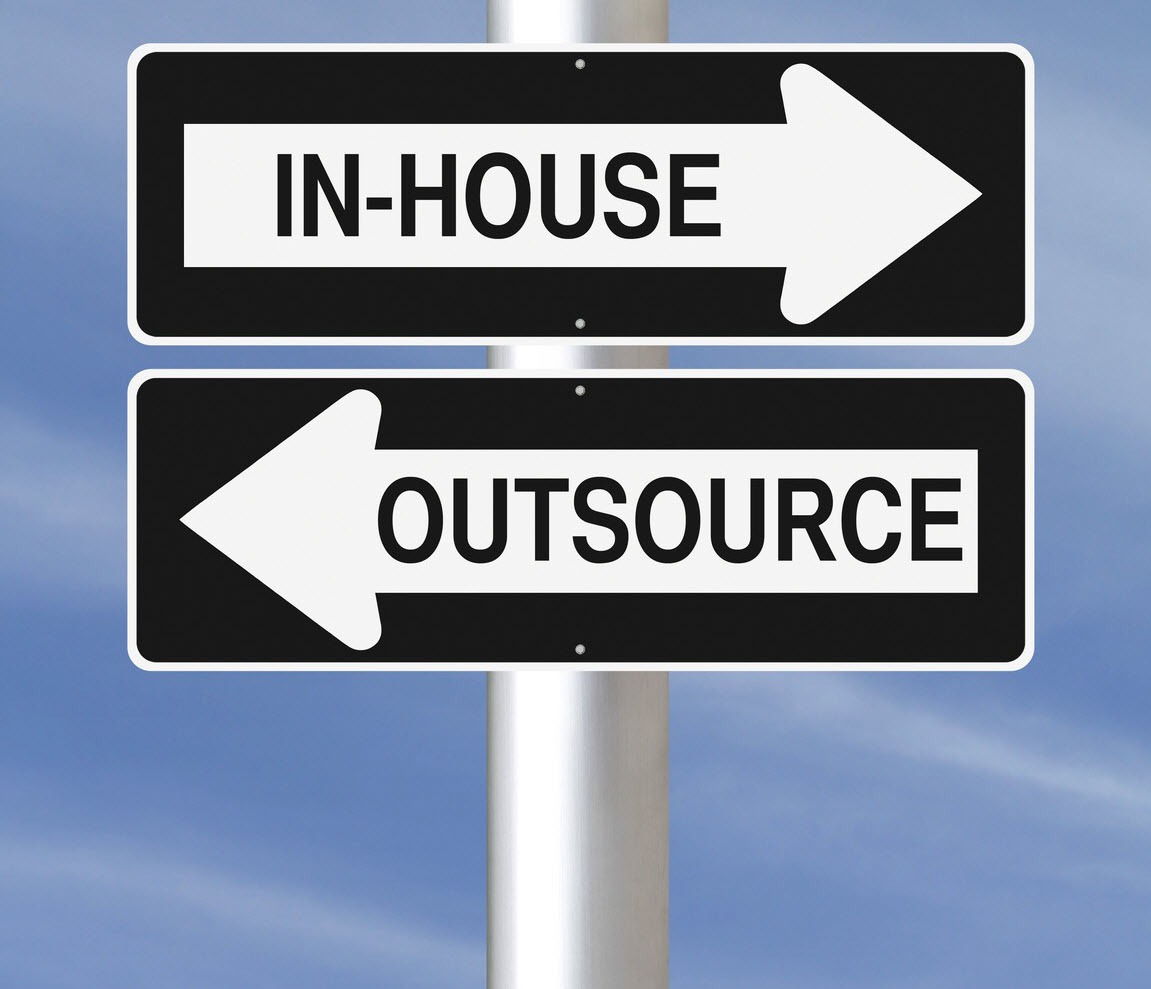
Ever since its inception in the year, 2008 with bitcoin, block-chain technology has been a creating ripple in industries, impacting everything.
So what is blockchain?
It is a chronological arrangement of write once read only data that can be shared and distributed across authorized users, but if one has to delete or alter any data, they need to seek permission from all the users. From messaging apps to banking to critical infrastructure security to education to crypto-exchanges, almost every industrial sector is disrupted by this revolutionary technology.
One such industry, on its road to being transformed by the blockchain technology, is Healthcare. Per statista report on Healthcare Blockchain adoption in healthcare application, 55 percent of healthcare applications will have adopted block-chain for commercial deployment by 2025. Although the applications are still being explored, block-chain is bound to have a considerably massive impact on how healthcare industry functions. Considered one of the most propitious medical billing and coding, Electronic Healthcare Record trends of this year, block-chain can help the healthcare industry in terms of inter-operatability and financially.
Let us have a look at how if implemented right, block-chain can enhance EHR functionality. But before that lets state some reason as to why EHR needs blockchain?
All healthcare service providers have three common concerns. How to keep the practice’s privacy intact? Medical records, be it paper or electronic data are at risk of hacking or theft. Secondly, how to administer control over patient’s data, specifying who is in control of accessing, modifying and sharing electronic data. How is the sensitive and confidential information being shared? Then there is a looming concern in making information exchange more manageable and efficient. Additionally, another significant challenge for the smooth functioning of EHR is the authorization and consent of patients.
How can blockchain help Electronic Healthcare Record?
- Electronic databases are in the form of bits and bytes, whose content is stored in the physical memory of a system, which can be accessed and tampered by anybody. The lack of central administer can be eliminated by blockchain cryptography. Blockchain thereby enables the secure sharing of patient’s medical record and other sensitive information.
- Blockchain can help in maintaining longitudinal patient records, meaning, visits, lab results, disease registry, treatment, etc., thereby enhancing the way by which patients are delivered care and treatment.
- With implementing blockchain comes transparency in the medical billing and reimbursement methodology. This eliminates the back and forth between multiple parties regarding insurance coverage, which helps in alleviating medical billing related fraud.
- Blockchain can facilitate inter-operability of seamless data, giving access to real-time as well as historical data. This help in reducing the cost and burden of data rapprochement.
- Considering blockchain works on validation, it eliminates the need for a central authority for claim adjudication. The claims can get verified automatically, as soon as a network is available. Similarly, it can also help in efficient monitoring of the supply-demand cycle.
Although blockchain has its share of controversies, it has the potential to reform and positively impact the health care system, which can not be overlooked.



